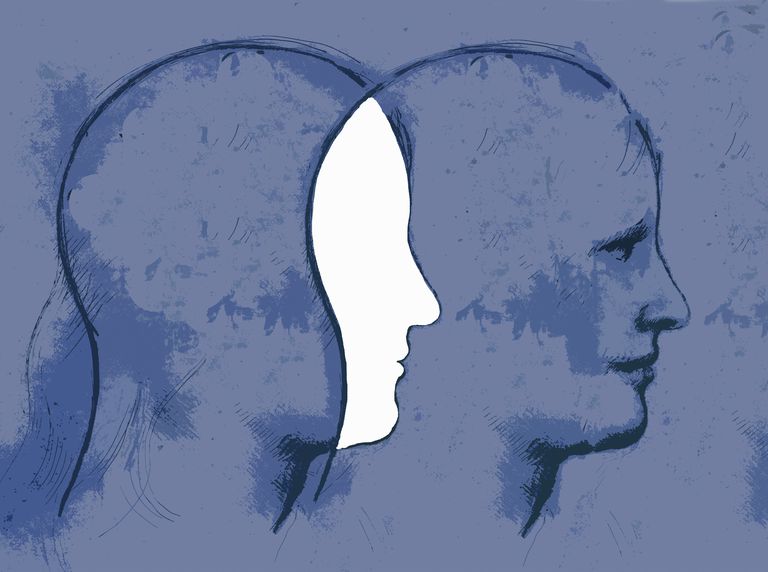When I grew up priests and nuns often manipulated people through guilt. That insight into guilt, which seemed even in my teens to be a junk emotion, was a main reason I dropped the Church like a millstone at 17.
Conscience is entirely a different matter. Guilt is conscience suppressed, whereas conscience is one’s mistakes addressed.
All people, except psychopaths, sociopaths and narcissists (ok, there are a lot of exceptions nowadays) have a conscience. But most people don’t “bring up for discussion or solution” the promptings of their conscience. Hence the residue guilt, which kills conscience.
In a culture in which it’s become de rigueur to ‘ghost’ people, guilt is seen as an emotion to stifle or ignore. Though the ghosting perpetrator represses pangs of guilt, ignoring someone you know or with whom you have communicated is a crime against their humanity, and yours. Only the inwardly dead ghost others.
Such simple ethics are considered hopelessly naïve these days, but it goes to the widespread erosion of character and the homogenization of personality that characterizes America today.
So guilt and conscience are completely different emotional qualities. Guilt is a disregarded bastardization of conscience. When one listens to and acts on one’s conscience, one doesn’t feel guilty, because one corrects one’s mistakes and puts right one’s misdeeds as much as one can.

Conscience is not the domain of religion and morality. It’s simply a functioning inner gyroscope, which keeps one correctly located in space as we zoom along at 1000 miles an hour on the Earth.
Guilt is not only a junk emotion, but also an easily manipulated one. Growing up Catholic I was steeped in the sneaky ways guilt was used to control behavior and compel conformity. Rejecting guilt but embracing conscience, I became the captain of my own ship before I left my teens.
Given that an excess of continuous guilt kills conscience, did the thousands of pedophiliac priests around the world get off on their guilt? There must be a special place there for priests who use their vaunted and trusted spiritual positions to destroy the innocence of children in their parishes.
Before she died my mother asked me if I had left the Church because a priest had molested me. I said no, there were no pedophiles I knew of. They were just ordinary men, whose only obvious fault was that some of them drank.
(Ironically, the priest at my mother’s funeral, who I had a bad feeling about, was later found to have molested numerous boys and, in Catholic style, was moved from one parish to another to cover it up.)
My conversion from conditioned Catholic to mindful mystic began one day after serving Mass in junior high school. Going to Mass was compulsory every day before school in those days. The most sacred moment of the ceremony is Holy Communion, in which Catholics believe the wafer is literally transformed into “the body of Christ” (transubstantiation).
I was serving the boys, while the altar boy on the other side of the priest was serving the girls in line, which entails holding a golden palette beneath communicants’ chins in case the host should fall. Unbeknownst to me, he was flirting with the girls in line.

Later that morning, as I walked down the hall with a friend who looked like the kid I served Mass with that morning, Sister Clementsia, the most feared nun in the school, came charging down the hall toward us. She began beating my friend about the head and face, screaming something about Mass that morning. By the time I got through to her that this was not the boy with whom I’d served Mass, my friend’s face was full of welts and tears.
What she did next began my questioning of the Catholic Church, and organized religion generally. Without saying a word of apology, she turned on her heels and walked away.
I didn’t throw the baby out with the bathwater when I left the Church, but continued to sort through the true within false framework of Catholicism. That’s all any of us can do with respect to our upbringing in this and perhaps all cultures, but it is what we must do to grow in insight and understanding.
There’s no such thing as perfection, but the distinction between guilt and conscience has been a key operating premise in my life.
Martin LeFevre
Lefevremartin77 at gmail.com
Fountainoflight.net

